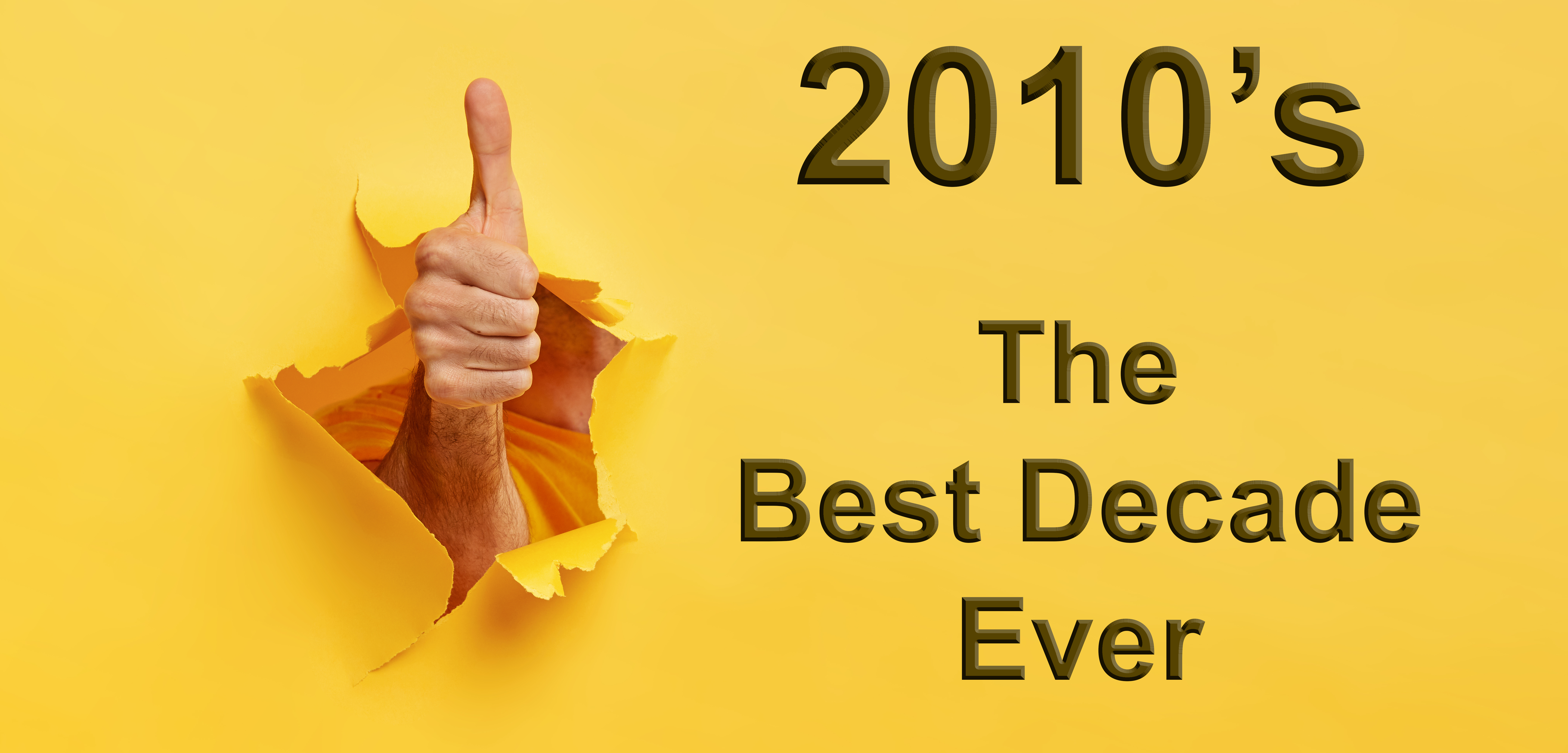Kerby Anderson
If you want to get a surprised reaction from people, tell them that we just had the best decade ever. I am fascinated by the reaction when I say it. Even people who are hardly environmental doomsayers have trouble believing it.
Matt Ridley recently wrote, “We’ve just had the best decade in human history. Seriously.” Why would he say that? Let’s put a few facts on the table. “Extreme poverty has fallen below 10 percent of the world’s population for the first time.” He compares that to the fact that extreme poverty was 60 percent when he was born.
Global inequality has been dropping because Africa and Asia are experiencing faster economic growth than Europe and North America. Here are a few other amazing statistics. Child mortality has fallen to record levels. Famine is becoming almost non-existent. Malaria, polio, and heart disease are all in decline.
By now you might wonder why you haven’t heard some of this. That’s because, as he observes, good news is no news. What we do hear about is bad news, and there is certainly lots of it. Again, he has a rational answer. Bad things do happen when the world is getting better.
He even takes on the environmental fears by pointing out that the ecological footprint of human activity seems to be shrinking. He quotes from the book, More from Less, that shows how some nations are beginning to use less stuff: less metal, less water, less land. And that’s not just less in proportion to productivity, but less stuff overall.
Mobile phones have more computing power than the huge computer systems I used in graduate school in the 1970s. And your cell phone is also your computer, camera, radio, calendar, map, and watch. LED light bulbs today consume a quarter of the electricity of incandescent bulbs.
I think these statistics along with many other statistics illustrate that we just lived through an incredible decade.
 Listen Online
Listen Online Watch Online
Watch Online Find a Station in Your Area
Find a Station in Your Area











 Listen Now
Listen Now Watch Online
Watch Online
